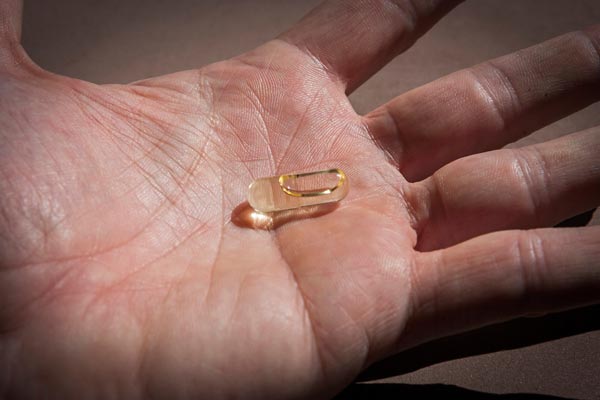
Is Vitamin D the Key to Slowing Biological Aging?: New Research Findings Announced
Recent studies have shown that vitamin D may slow biological aging. This research is attracting attention for analyzing how vitamin D reduces the rate of cellular aging based on biological markers like telomere length.
The Relationship Between Telomeres and Biological Aging
Biological age is determined based on various body factors like telomere length and metabolic function. Even among the same age group, biological age can vary due to different environmental factors such as diet, physical activity, mental health, and stress. The difference between younger and older individuals can be seen in the rate of biological aging. Here, telomeres are a type of DNA within cells closely related to aging, and the longer they are, the higher the possibility of a younger biological age.

Effects of Vitamin D Intake on Delaying Aging
A joint research team from Mass General Brigham and the University of Georgia analyzed the effects of vitamin D3 supplementation on biological aging in about 1000 adults. Participants were randomly divided into a group taking 2000 IU of vitamin D3 daily and a control group. During this four-year study, participants' telomere lengths were measured at two and four years. The results showed that the group consistently taking vitamin D3 had telomeres approximately eight times longer than the control group. This difference equates to a biological aging delay of about three years. This indicates that vitamin D can have a real impact on the rate of cellular aging.

Additional Health Benefits of Vitamin D
Beyond slowing aging, vitamin D is reported to offer various health benefits, including reducing inflammation and preventing immune diseases. According to the research team's analysis, when absorbed in the body, vitamin D activates an enzyme called telomerase, which contributes to lengthening telomeres and reducing oxidative stress. This mechanism suggests that it can suppress cellular damage and reduce the risks of tumor formation or chronic diseases. Consequently, vitamin D may play a significant role in broad health maintenance strategies, including anti-aging.
Expert Recommendations and Future Research
Dr. JoAnn Manson, who led the study, stated, "Vitamin D has demonstrated a potential factor in preventing body aging at the cellular level." However, as vitamin D supplements do not have the same effect on everyone, consulting with a healthcare professional to tailor to one's health needs before taking them is advised.
Meanwhile, the research team plans to conduct follow-up studies to ascertain the effects of vitamin D on aging across various demographics, based on these results. Long-term data collection on how long these effects can last, along with variations in efficiency depending on the method of vitamin D intake, are expected to be important future research topics.
In Conclusion
The research suggesting that vitamin D can positively affect biological aging provides meaningful insights for those concerned with healthy aging. However, as supplement intake may vary based on individual health conditions and needs, it is crucial to find suitable alternatives through expert consultation. Future research is expected to further detail the effects of vitamin D.


Vitamin D is receiving attention for its potential positive effects on biological aging as shown through scientific research. For expert consultations on individual skincare and nutrition, please contact us at YURICO5, and we will help you find the optimal solution.
